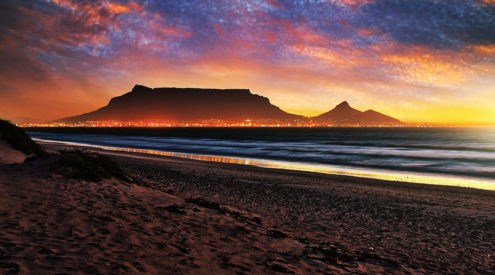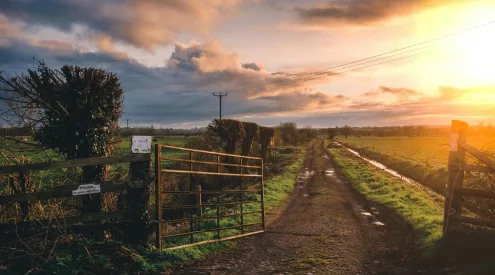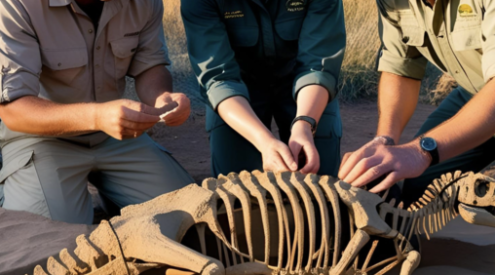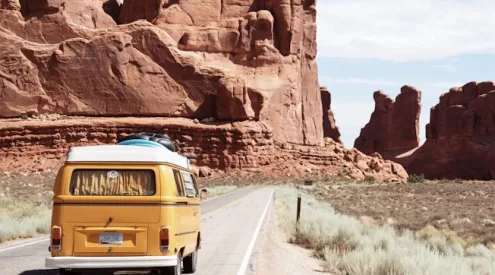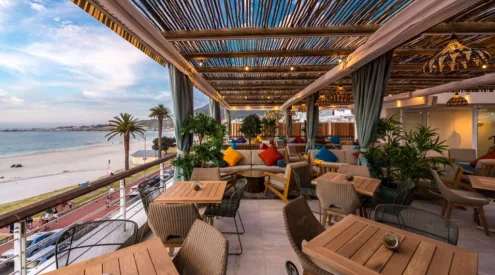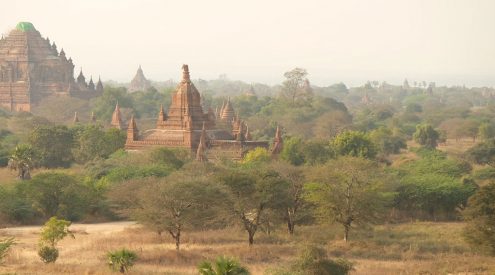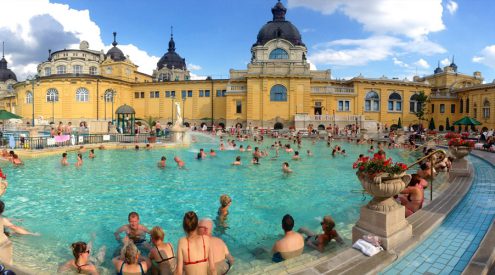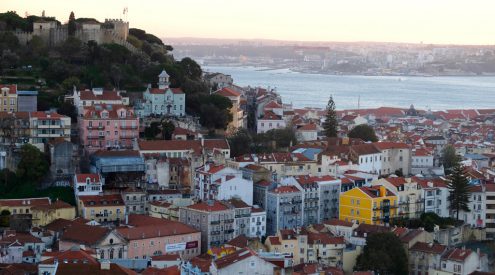The Swan Bell Tower, Perth
There’s quite an art to ringing bells. Ask any campanologist. On a recent visit to Perth I rang or should say, ‘chimed’ two bells at the Swan Bell Tower – The Millennial Bell and Zachariah (1480 kg) named after a past vicar at St Martin’s. We were in the right place at the right time, on an auspicious day which marked the shortest day of the year – the winter solstice. We rang the bells under the careful eye of Laura Ivy, one of the volunteer curators, who has been ringing bells for sixty years since she was a child.
You have to be careful when you let go you don’t hang on rise to the roof – and that you don’t do it too wildly and crack the stay. Hell’s bells! The first question Laura asked was, “Have you had back surgery recently?” Visitors can ring the bells every day except on Christmas and Good Friday. She warns that bell ringing can be addictive – campanologists come from all over the world to ring the bells of Perth. We also played Waltzing Matilda on the small bells at the top of the tower! Apparently only two other churches in the world have 16-18 bells. They are in Christchurch and Birmingham.
The Swan Bell Tower in Perth is a sleek icon of the city on the banks of the Swan River. Set in a six-storey glass tower with an open-air observation deck and glass belfry, the bell tower is one of the city’s premier attractions. It houses the twelve original eighteenth century bells of St Martin in the Fields in London – given to Perth in 1988 to mark Australia’s bi-centenary – as well as six other bells cast at Whitechapel Bell foundry in London and the oldest bell in Australia (1550).
Apparently the St Martins bell tower in London was in danger of cracking from the weight of the twelve bells (weighing nine tons) – the same bells used to celebrate the defeat of the Spanish Armada in 1588, Captain Cook’s homecoming in 1772, the coronation of every British monarch since King George II in 1727 and end of WWII!
Perth
Perth is the capital of Western Australia (called simply WA), the biggest state in Australia – around one-third of the land mass of Australia at 2.5 million square km. It would be the eighth biggest country in the world. WA is branded as “Experience Extraordinary Australia”. In true Ozzie fashion the nickname for residents of this sandy state is a sandgroper – after an indigenous burrowing insect found in WA. Black swans are the state’s official emblem. Distances are huge in WA. The top tourist attractions are the Bungle Bungles and the Kimberley outback, the coral coast (with its legendary whale shark dive and dolphin swimming), wine routes of Swan River and Margaret River, and the goldrush town of Kalgoorlie in “the golden outback”.

Ryan Zaknich of Two Feet & a Heartbeat walking tours, Freemantle
We did a walkabout of the “small bar” precinct with two feet and a heartbeat, an award-winning walking tour of Perth and Freemantle. We explored the secret old lanes and alleyways where boutique bars and bistros have opened as part of the city’s “forgotten spaces” project. I also attended the opening of the major art exhibition, “Picasso to Warhol – Fourteen Modern Masters” which runs at the Art Gallery of Western Australia from June until December 2012. The amazing collection of Matisse, Miro and Picasso, Leger, Calder and Warhol is on loan from the Museum of Modern Art (MOMA) in New York. Perth is hosting six travelling art exhibitions – the great collections of the world – over the next three years. Perth is big on culture.

The Maritime Museum, Freemantle
While staying in Perth we took a Captain Cook cruise down the Swan River to Fremantle at the river mouth – where the first settlers came ashore in 1829 and where Captain Charles Howe Fremantle founded the original Swan River Colony. The one hour cruise takes you past all the millionaire mansions of the mining barons of Western Australia on the waterfront – one of the boom economies of the region. The guide tells all the rags to riches (and back to rag stories) about the characters of WA. I spent a delightful day cycling around the beaches and quokkas (wallabies) of Rottnest Island – and the night back in Fremantle at Little Creatures, the famous microbrewery on the waterfront.
We did another walkabout of the lovely old colonial district of the goldrush town called Freo (Ozzie shorthand for Fremantle) with Ryan Zaknich of two feet and a heart beat walking tours. The state of the art WA Maritime Museum on Victoria Quay houses a shipwreck gallery and many historic boats including Australia II which won the America’s Cup. The stainless steel walls engraved with the names of one million immigrants who came here by ship, refugees from all over Europe in 20th century, is a moving tribute to Australia’s history as a melting pot of cultures and nationalities.
Freemantle Prison
Fremantle Prison was listed as a Unesco World Heritage Site in 2010. Prisons hold a ghoulish fascination as a day visitor! I’ve toured many including Alcatraz, Robben Island, Port Arthur penal settlement in Tasmania and Ushuaia in Patagonia. Although Fremantle was founded as a free colony, the huge Victorian complex – known to inmates or “lags” as the limestone lodge – was built by convicts as a maximum security prison in 1855 (It closed as a prison in 1991). The convicts also built most of Perth’s grand civic sandstone buildings – from the town hall to the public roads.

Amazing prison cell murals
“One of the most important buildings in WA today” was home to a few of Australia’s most notorious outlaws and criminals – including Brendon Abbott, the postcard bandit who escaped in the 1980s and sent postcards to the warden with a picture of himself every time he robbed a bank on his subsequent spree around Australia! (Check out the movie.)

Behind bars at Freemantle Prison
“I’m the one with the keys. I’ll lock us all now. Are you ready for a flogging?” Our guide enjoyed played the role of a prison warder. You can do a “doing time” tour, the great escapes tour (200 convicts escaped in 149 years – “They built the place so knew the weak points and how to escape!”), torchlight tour, art (cell murals) and tunnel tour.
Our tour ended on a ghoulish note in the punishment yard with cruel flogging tales of the cat o‘ nine tails, the holding cell for the condemned which gave rise to the term “dead man walking” and the gallows, “a place of great superstition” where 43 men and one woman were executed – the last in 1965. Talk about the last drop. Martha Rendell still haunts “the most haunted place in Australia”. Watch out for the hanged woman’s spectral reflection in the window. A sign reads “No exit to inmates” at the end of the tour! “I’ll let you all go now. Make sure you toe the line in future” quips our guide.
I was Perth attending the Australian Tourism Exchange 2012 as a guest of Qantas, Tourism Australia and Tourism Western Australia. Many thanks to www.australia.com, www.westernaustralia.com and www.qantas.com.

